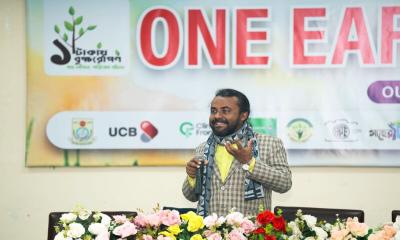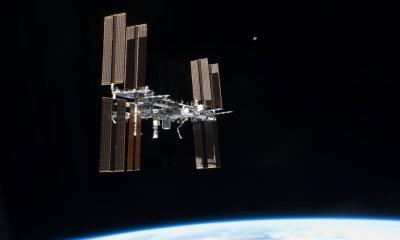For centuries, a setting sun has signaled the end of fasting rituals on holidays such as Ramadan and Yom Kippur, a cue to tuck into a delicious meal after a full day of abstaining from food and drink. But what if the sun’s clockwork were to suddenly change, as it does for astronauts riding aboard the International Space Station? The orbiting laboratory whips around the Earth at about 17,000 miles per hour (27,600 kilometers per hour), giving passengers 16 sunrises and sunsets each day.
It’s a question astronaut Sultan Alneyadi has been contending with since his arrival at the space station on March 3. He’s one of fewer than a dozen Muslim astronauts who have traveled to space, and at the end of his mission in about five months, he will have been the first astronaut from the United Arab Emirates to complete a long-duration stay on the floating laboratory.
During his stay, Muslims on Earth will observe the month of Ramadan — a time of fasting, prayer and reflection that runs from the evening of March 22 to April 21. There will also be two Muslim festivals — Eid al-Fitr, which marks the end of Ramadan, and Eid al-Adha, a celebration of the annual pilgrimage that Muslims make to Mecca, the holy land in Saudi Arabia, that begins June 28.
“Six months is a long duration for a mission, which is a great responsibility,” Alneyadi told reporters during a January news conference.
But, as Alneyadi explained, as an astronaut he fits the definition of a “traveler,” excusing him from attempting to observe Ramadan at the same time as Earth-bound Muslims. “We can actually break fast,” he said. “It’s not compulsory.”
He added, “Fasting is not compulsory if you’re feeling not well. So in that regard — anything that can jeopardize the mission or maybe put the crew member at risk — we’re actually allowed to to eat sufficient food to prevent any escalation of lack of food or nutrition or hydration,” he said.
Alneyadi also told reporters during a news conference in Dubai in February that he could fast according to Greenwich Mean Time, or Coordinated Universal Time, which is used as the official time zone on the space station.
“If we had the opportunity, definitely Ramadan is a good occasion to fast, and it’s actually healthy,” Alneyadi added to reporters at his January news conference. “We’ll wait and see how it goes.”
Religion in space: A history
Astronauts and religious leaders have attempted to imbue extraterrestrial pursuits with spiritual significance from the earliest days of spaceflight.
During NASA’s Apollo 8 mission in 1968, the astronauts conducted a reading of Genesis, the first book of the Bible, on their way to orbit the moon. Buzz Aldrin, who was with Neil Armstrong during the first moon landing in 1969, also quietly took communion from the Eagle lunar lander — taking a sip of wine and a bite of bread blessed by his Presbyterian minister back in Houston — just before the men took humanity’s first steps on the moon.
In 2007, Malaysian astronaut Sheikh Muszaphar Shukor became the first practicing Muslim to stay on the International Space Station, and the Islamic National Fatwa Council of Malaysia issued special guidelines specifically to guide his and other future Muslim astronauts’ practices.
Although his flight coincided with Ramadan, the council said his fasting could be postponed until he returned to Earth or he could fast in accordance with the time zone of the place from which he had launched. He was also relieved of the obligation to attempt to kneel while praying — a difficult feat in zero gravity. And attempting to face toward Mecca, as Muslims must during Salah, or daily prayer, was left up to his best abilities, per the Fatwa Council guidelines.
Jewish scholars have proposed similar ideas. Not all Jewish astronauts have attempted to observe Shabbat, the Jewish day of rest, which falls on Saturday, during which Jews are supposed to refrain from all work activity. But Israeli astronaut Ilan Ramon did attempt it in 2003, when he flew aboard a Space Shuttle Columbia mission and, in keeping with advice from “leading rabbinical experts,” he observed Shabbat in accordance with Cape Canaveral, Florida, time, the place from which he had launched. Ramon and his six crewmates died when the Columbia orbiter broke apart during their return to Earth on February 1, 2003.
Among the other religious observances that have taken place on board the 20-year-old space station are annual Christmas celebrations and the Jewish holidays of Passover and Hanukkah — including a memorable 1993 episode in which NASA astronaut Jeffrey Hoffman broadcast himself spinning a dreidel in microgravity on national television.
“It’s a little game — a dreidel — and it’s something that you spin, and then you see which side comes up. And according to that, you either win or lose and I was just trying to see how you might reinterpret the rules for spaceflight since there’s no up or down,” he explained to the camera.



-20260108103159.webp)
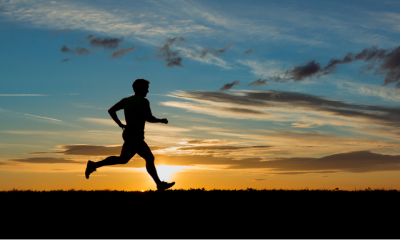

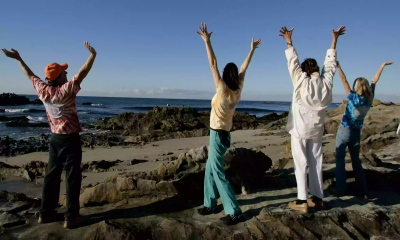
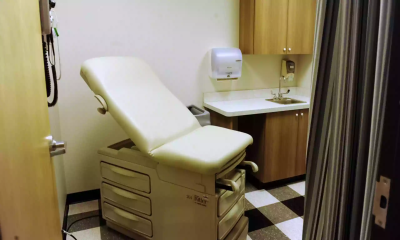






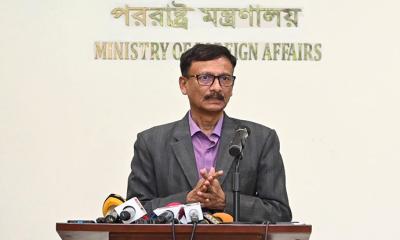

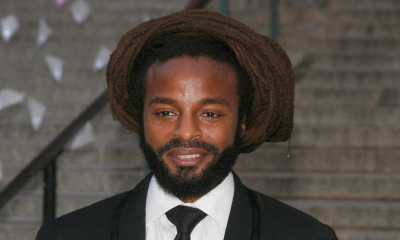

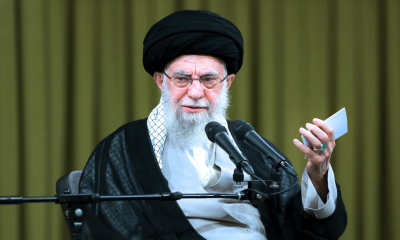




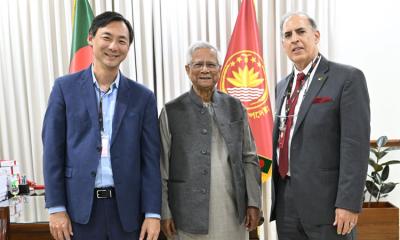


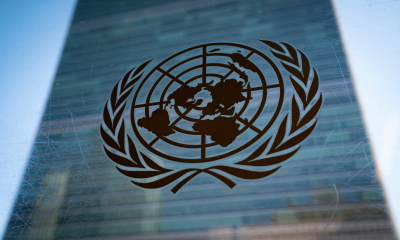
-20260110074438.jpeg)
-20260112173104.webp)
